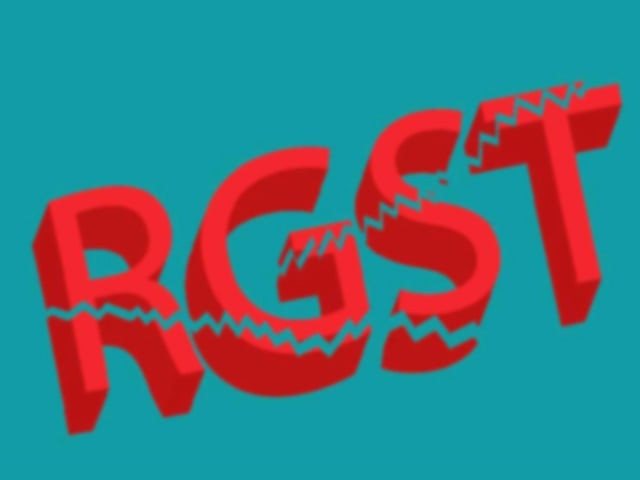Last-ditch attempt: Govt to accept opposition demands for imposing GST
Govt decides to disband TCP, stop new gas schemes for MNAs.

The thrust of the effort will be to calm down the opposition, led by the PML-N and MQM, who are threatening mass protests in Karachi and Lahore, said officials during background interviews. The government also wants to show some progress on tax reforms to the International Monetary Fund (IMF), which has stalled the release of loan tranches.
In essence, none of the parties has opposed the GST. The MQM has linked it with agriculture income tax and the PML-N has tagged it with improving governance.
During the meeting, the economic team led by Finance Minister Hafeez Shaikh briefed the prime minister about the consequences of non-implementation of the GST in shape of higher inflation due to heavy government borrowing from the State Bank. The government will have to borrow over Rs1 trillion in case of blockade of loans by the World Bank and Asian Development Bank, which have linked the release of money with the GST.
A participant of the meeting told The Express Tribune on condition of anonymity that the economic team informed the premier that at this point in time Pakistan cannot give up the IMF programme, and if that happened it will cause unemployment, high inflation, capital flight and exchange rate depreciation. Inflation is estimated to range between 20 and 25 per cent in the worst-case scenario. Owing to absence of external financing and rising diesel prices in the international market, foreign exchange reserves will be under pressure and so too the rupee against dollar.
The government has already borrowed heavily from commercial banks and the State Bank and over Rs1 trillion borrowing to finance a budget deficit of 6.7 to 7.5 per cent will eat into private sector’s credit and fuel inflation.
The government has postponed thrice the implementation of GST despite managing to get support from some opposition members, belonging to the PML-Q.
It has sought a nine-month extension of the $11.3 billion bailout programme that is going to lapse on December 31. The Fund has withheld the disbursement of last two tranches of $3.6 billion.
The sources said the government, in order to tackle the opposition to GST, will improve governance and control losses in state-run enterprises, cut expenditures and renegotiate certain conditions with the IMF before June.
Work on power sector reforms will be done on a fast track. The government will soon table a plan in the cabinet to disband the Trading Corporation of Pakistan while Pakistan Electric Power Company (Pepco) has already been disbanded. The TCP last year provided Rs80 billion subsidies on various commodities and borrowed Rs110 billion from the State Bank for commodity financing.
Sources said the prime minister has ordered a freeze of part of the Rs20 million annual development fund of the members of parliament meant for gas schemes. According to the decision, which will be announced in a couple of days, the parliamentarians will not announce new gas schemes any more. The government will not fill vacant seats, which will help save money. Moreover, public sector development funds will be squeezed further.
Besides, the government will try to persuade the IMF to show some flexibility on key conditions like GST, government borrowing from the central bank and power sector reforms. The relaxation will be in terms of time period and in this regard talks between the two sides are likely to be held in January. The Fund is likely to grant extension in the programme by January 18, sources said.
If Pakistan and the IMF agree on a new timeframe and Islamabad showed tangible progress on GST and power sector reforms, the fifth IMF review of economy will be held in March and April, paving the way for the release of the sixth loan tranche of $1.7 billion before June, they said.
Published in The Express Tribune, December 25th, 2010.



















COMMENTS
Comments are moderated and generally will be posted if they are on-topic and not abusive.
For more information, please see our Comments FAQ